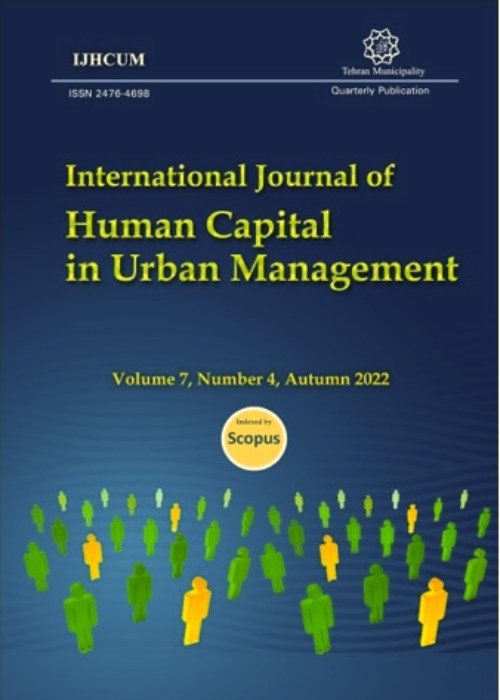Determinants of technical inefficiency in solid waste collection service
Developing countries have been experiencing a rapid increase in their population. This comes in hand with more human activity and hence increased solid waste generation as one of the by-products. The continuous surge in solid waste generation is a challenge to these countries. Thus the need to make conducive decisions for solid waste management. To achieve this, in 2009, the Government of Tanzania privatized solid waste management services and enacted the Environmental Regulations Law. However, only 20% of solid waste generated in urban Tanzania is collected but instead dumped in landfills. In Morogoro, one of the urban centers in Tanzania, municipal officials can only collect and dispose in landfills less than 35% of the 200 tons of solid waste generated per day. This raises concerns about the technical efficiency of solid waste management and specifically solid waste collection services in Morogoro municipality. The purpose of this study is to measure technical efficiency and analyze the determinants of technical inefficiency for solid waste collection services in Morogoro municipality.
Primary data was collected using a structured questionnaire with both open-ended and closed-ended questions. Morogoro municipality has a population of 290 waste management agents from whom a sample of 201 was selected using cluster and purposive sampling methods. A stochastic frontier approach was used to measure technical efficiency and analyze the factors determining technical inefficiency. STATA 14 software was used for model estimation and tests. .
Results show that technical efficiency for solid waste collection services in Morogoro Municipality is 81.56% that is below the technical efficiency threshold of 95%. Thus solid waste collection services in Morogoro municipality are inefficient. In addition, age of the waste management agent, number of houses participating in waste collection, and number of waste collection tools belonging to the waste management agents are significant determinants of technical inefficiency.
Results suggest an improvement in solid waste collection through increased wide service coverage. Increased community participation is a necessity and thus mass awareness campaigns are unavoidable. It is appropriate to procurement enough tools and labor force by the solid waste collection agents. Morogoro municipal authority should provide a stern law enforcement process.
- حق عضویت دریافتی صرف حمایت از نشریات عضو و نگهداری، تکمیل و توسعه مگیران میشود.
- پرداخت حق اشتراک و دانلود مقالات اجازه بازنشر آن در سایر رسانههای چاپی و دیجیتال را به کاربر نمیدهد.


